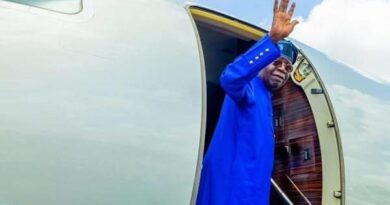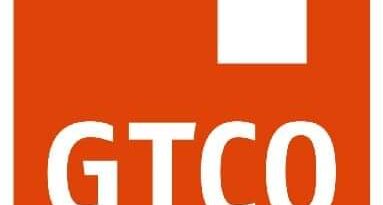SERAP takes NBC to court over ban on Eedris Abdulkareem’s anti-Tinubu protest song ‘Tell Your Papa’
The Socio-Economic Rights and Accountability Project has taken legal action against the National Broadcasting Commission over its controversial ban on the song “Tell Your Papa” by rap artiste, Eedris Abdulkareem.
The song, which criticises the economic policies of President Bola Tinubu, was prohibited from being broadcast on radio and television, with the NBC citing its “objectionable nature” and violation of “public decency standards.”
In the lawsuit, marked FHC/L/CS/797/2025, filed at the Federal High Court in Lagos, SERAP is challenging the legality of the ban, reports The PUNCH.
The organisation is seeking an order to reverse the decision, arguing that the ban infringes upon Nigerians’ rights to freedom of expression, access to information, and media freedom.
The suit, filed last Thursday, also calls for a perpetual injunction preventing the NBC or any other authority from enforcing the ban on the song.
According to SERAP, the directive issued by the NBC on April 9, 2025, banning the song from being aired on all broadcast stations is unlawful and incompatible with fundamental rights guaranteed under the Nigerian Constitution.
SERAP contended that the NBC’s actions are an attempt to censor political expression under the guise of maintaining public decency.
The organisation argued that public decency is not an excuse to suppress dissenting views, especially when it comes to political commentary.
“The ban on Eedris Abdulkareem’s song has a chilling effect on freedom of expression, access to information, and media freedom,” SERAP stated. “The NBC has not demonstrated that the song poses any specific risk to legitimate state interests that outweigh the public’s right to the information provided by the song.”
In its legal arguments, SERAP emphasises that freedom of expression is a cornerstone of democracy and extends even to ideas or information that may offend, shock, or disturb, particularly in the context of political discourse.
“The song is a form of artistic expression, which contributes to the social debates and counter-discourses necessary in a democratic society,” SERAP argued.
Furthermore, SERAP asserted that the NBC’s actions violated Nigeria’s international obligations, including the African Charter on Human and Peoples’ Rights and the International Covenant on Civil and Political Rights, to which Nigeria is a signatory. These international instruments guarantee the right to freedom of expression, which includes artistic freedom and creativity.
“Banning creative expressions like this song stifles debate and hampers the functioning of democracy,” SERAP argued.
The Court has yet to fix a date for hearing.




